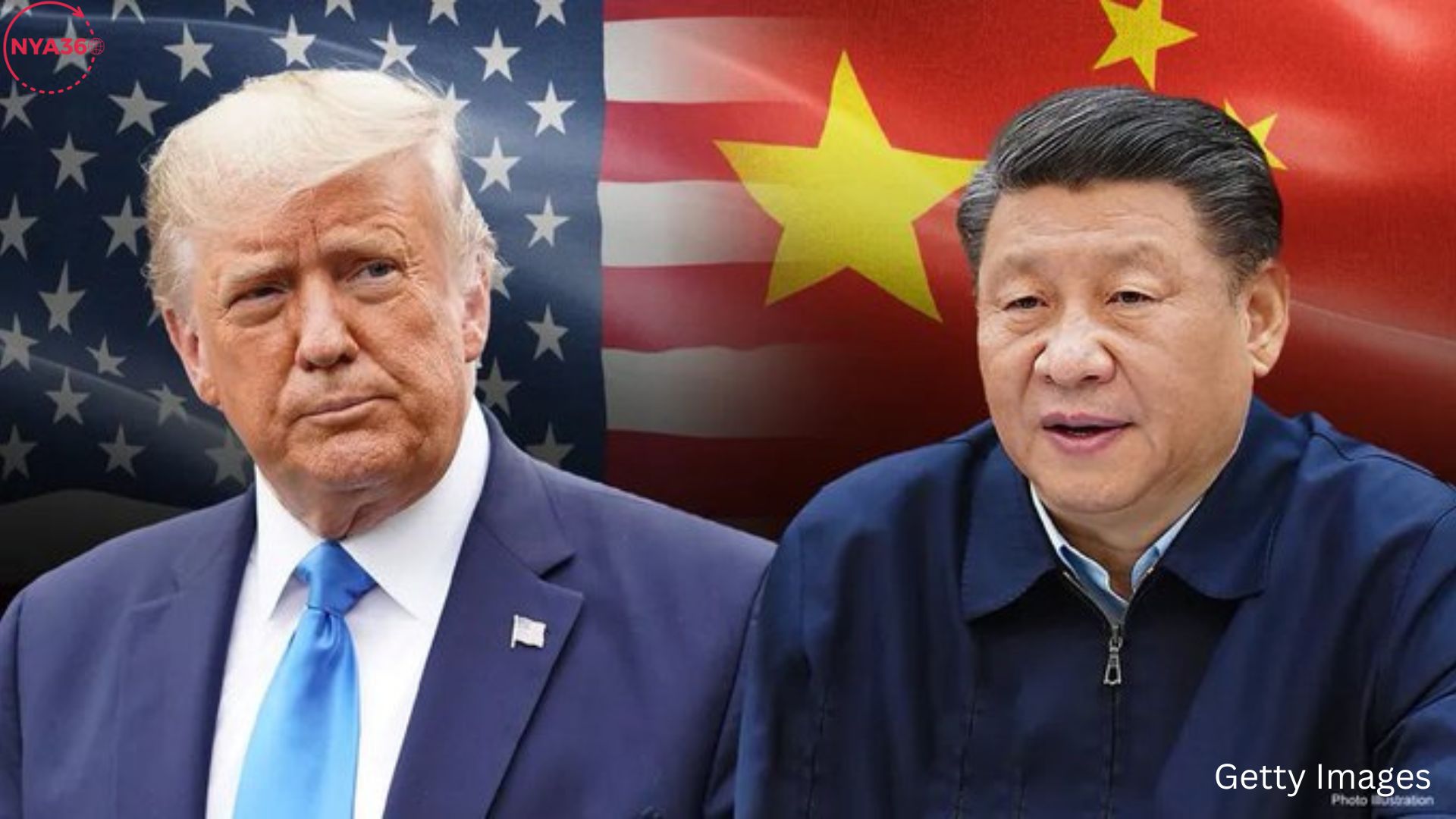The European Union (EU) is allegedly getting ready to halt its attempts to resolve the electric vehicle (EV) tax dispute with China as world economic tensions keep rising. This action, which appears to have been prompted by the United States’ growing trade position, signifies a major shift in the continuing geopolitical struggle between China and the West. U.S. officials have made it clear that countries may soon face a choice between keeping economic connections with Washington or Beijing, echoing the harsh rhetoric of Trump’s administration.
The EU’s Precarious Balance Act
Keeping China and the US in check has been a delicate diplomatic and economic juggling act for the EU for quite some time. China is still a major trade partner for the European Union, especially in the rapidly expanding electric vehicle market. The Chinese market is becoming more and more important to the supply chains and sales of European automotive giants like Mercedes-Benz, BMW, and Volkswagen.
But China’s assertive industrial policies, massive state subsidies, and purported unfair trade practices have made this partnership more difficult, especially in the electric vehicle sector. The European Union has formally begun investigating China’s electric vehicle subsidy policies in reaction to growing pressure from European automakers and political leaders worried about oversaturation of the market with cheaper imports from China. It appears that the EU’s position is changing in response to increasing pressure from the US, even though this process is ongoing.

U.S. Trade Barriers and International Power
When it comes to technology and renewable energy, the US has adopted an incredibly aggressive posture toward China. The United States has recently raised the prospect of slapping tariffs on Chinese imports as high as 245%, which would be a significant increase in trade tensions. Even though this concept has not been officially approved by the Biden administration, the rhetoric from the Trump era is still resonating in the halls of power in Washington. With his powerful base rallying behind him in this divisive election year, President Trump made the daring statement, “We may want countries to choose between us or China.” Many see this as an attempt at economic extortion, and it calls into question the independence of long-standing American friends, especially in Europe.
It would appear that the United States’ plan is crystal clear: use its clout in the global economy to put pressure on other countries to follow its trade agenda and isolate China. Although this strategy has been around for a while, its most recent iteration has more immediate implications for sectors like electric vehicle manufacturing, essential to future economic competitiveness, and bigger stakes overall.
European Strategic Importance
There might be far-reaching effects if the EU and China decide to suspend their settlement discussions. To start with, it shows that Europe is now more ready to take the lead in its international economic policy. The European Union (EU), which has a long tradition of supporting multilateralism and economic diplomacy, is currently torn between wanting to retain strategic independence and wanting to conform to the increasingly dichotomous global order imposed by Washington.
Second, the electric vehicle industry is a symbol of Europe’s larger green movement. Green technology prices for European consumers could go up if cooperation with China in this area is postponed or derailed, which would hinder innovation and disrupt supply chains. In addition, China may impose counter-tariffs or limit access to rare earth elements needed for electric vehicle batteries as retaliation, hitting Europe’s automotive industry hard.

Readjusting China’s Diplomacy and Strategy
A combination of diplomacy and disobedience has been Beijing’s response to recent developments. What China sees as political meddling in the form of economic policies or unfair trade barriers will not be tolerated, according to Chinese officials. With a focus on “fair competition” and threats of retaliation if the European Union or other Western nations proceed with punitive tariffs, China’s Ministry of Commerce has made its position clear.
Meanwhile, China is expanding its trading network to include nations in Latin America, Africa, and the Middle East, in addition to those in the US and the EU. China is making a concerted effort to strengthen its position as a pivotal player in the new multipolar world order and to diversify its economic ties through its Belt and Road Initiative (BRI) and its newly launched Global Development Initiative (GDI).
Consequences for International Trade and Government
A more systemic change in the structure of the world economy is being reflected in the developing dynamics of the EU-China EV tariff negotiations. Trade agreements between countries or between blocs are replacing multilateral organizations like the World Trade Organization (WTO) since they are more difficult to sustain. It is indicative of this trend that the United States uses tariffs more as a geopolitical weapon than an economic one. The EU’s possible decision to halt resolution attempts with China is another example of how current frameworks fail to resolve complicated and politically contentious trade disputes. A more disjointed and strategically driven trading environment may replace the worldwide dedication to open markets and fair competition, which might be further undermined by this incident.
Final Thoughts: A Watershed Event
Defining the economic landscape of the 21st century, the suspension of EU-China EV tariff settlement discussions has been characterized by U.S. efforts to polarize global trade coalitions. Europe has to tread carefully in its reaction if it wants to keep its economic vitality and political autonomy in the face of Washington’s pressure on allies to pick sides.
Uncertainty surrounds the extent to which this realignment will progress, but one thing is certain: a new paradigm characterized by ideological divisions, national security concerns, and strategic competitiveness is replacing the age of globalization fueled by market efficiency and mutual benefit. In this light, the European Union’s choice will influence the future of the international system as a whole, not merely trade flows and tariffs.
Follow us on Instagram, Threads & Twitter X @nya360_ YouTube & Facebook @nya360





